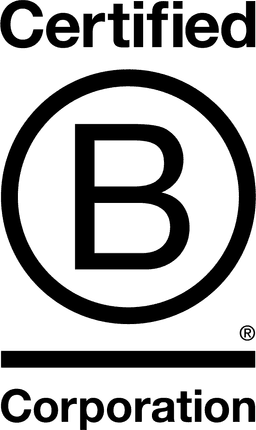

Minimal Gear LLC

Oregon, United States
June 2021
Sports goods
Wholesale/Retail
United States
Minimal Gear is not just an outdoor gear company, it is a community of like minded people -- developing, creating, and recreating together. We like to go outdoors and the gear that we make revolves around that: maximizing our adventures to be simple, enjoyable, fulfilling, and sustainable. Minimal Gear designs, fabricates, and sells a variety of hydration gear as Cnoc Outdoors -- and we also design, fabricate, and sell a range of trekking poles and tent poles as Diorite Gear. But as a company and as individuals, we are not content to just make and sell great gear. We are committed to using our platform, our hands, and our resources to do good. To impact our community in an upward motion. Since the founding of Minimal Gear, we have given our time, energy, and resources to causes and organizations we believe in. Minimal Gear -- and so both Cnoc Outdoors & Diorite Gear -- promotes efforts to protect the wild beauty of the world and create inclusive, accessible outdoor adventures for all types of adventurers. We believe that together, we can create change that will make the outdoors industry better for everyone.
Overall B Impact Score
Governance 17.3
Governance evaluates a company's overall mission, engagement around its social/environmental impact, ethics, and transparency. This section also evaluates the ability of a company to protect their mission and formally consider stakeholders in decision making through their corporate structure (e.g. benefit corporation) or corporate governing documents.
What is this? A company with an Impact Business Model is intentionally designed to create a specific positive outcome for one of its stakeholders - such as workers, community, environment, or customers.
Workers 18.3
Workers evaluates a company’s contributions to its employees’ financial security, health & safety, wellness, career development, and engagement & satisfaction. In addition, this section recognizes business models designed to benefit workers, such as companies that are at least 40% owned by non-executive employees and those that have workforce development programs to support individuals with barriers to employment.
Community 33.4
Community evaluates a company’s engagement with and impact on the communities in which it operates, hires from, and sources from. Topics include diversity, equity & inclusion, economic impact, civic engagement, charitable giving, and supply chain management. In addition, this section recognizes business models that are designed to address specific community-oriented problems, such as poverty alleviation through fair trade sourcing or distribution via microenterprises, producer cooperative models, locally focused economic development, and formal charitable giving commitments.
What is this? A company with an Impact Business Model is intentionally designed to create a specific positive outcome for one of its stakeholders - such as workers, community, environment, or customers.
Environment 23.2
Environment evaluates a company’s overall environmental management practices as well as its impact on the air, climate, water, land, and biodiversity. This includes the direct impact of a company’s operations and, when applicable its supply chain and distribution channels. This section also recognizes companies with environmentally innovative production processes and those that sell products or services that have a positive environmental impact. Some examples might include products and services that create renewable energy, reduce consumption or waste, conserve land or wildlife, provide less toxic alternatives to the market, or educate people about environmental problems.
Customers 5.0
Customers evaluates a company’s stewardship of its customers through the quality of its products and services, ethical marketing, data privacy and security, and feedback channels. In addition, this section recognizes products or services that are designed to address a particular social problem for or through its customers, such as health or educational products, arts & media products, serving underserved customers/clients, and services that improve the social impact of other businesses or organizations.